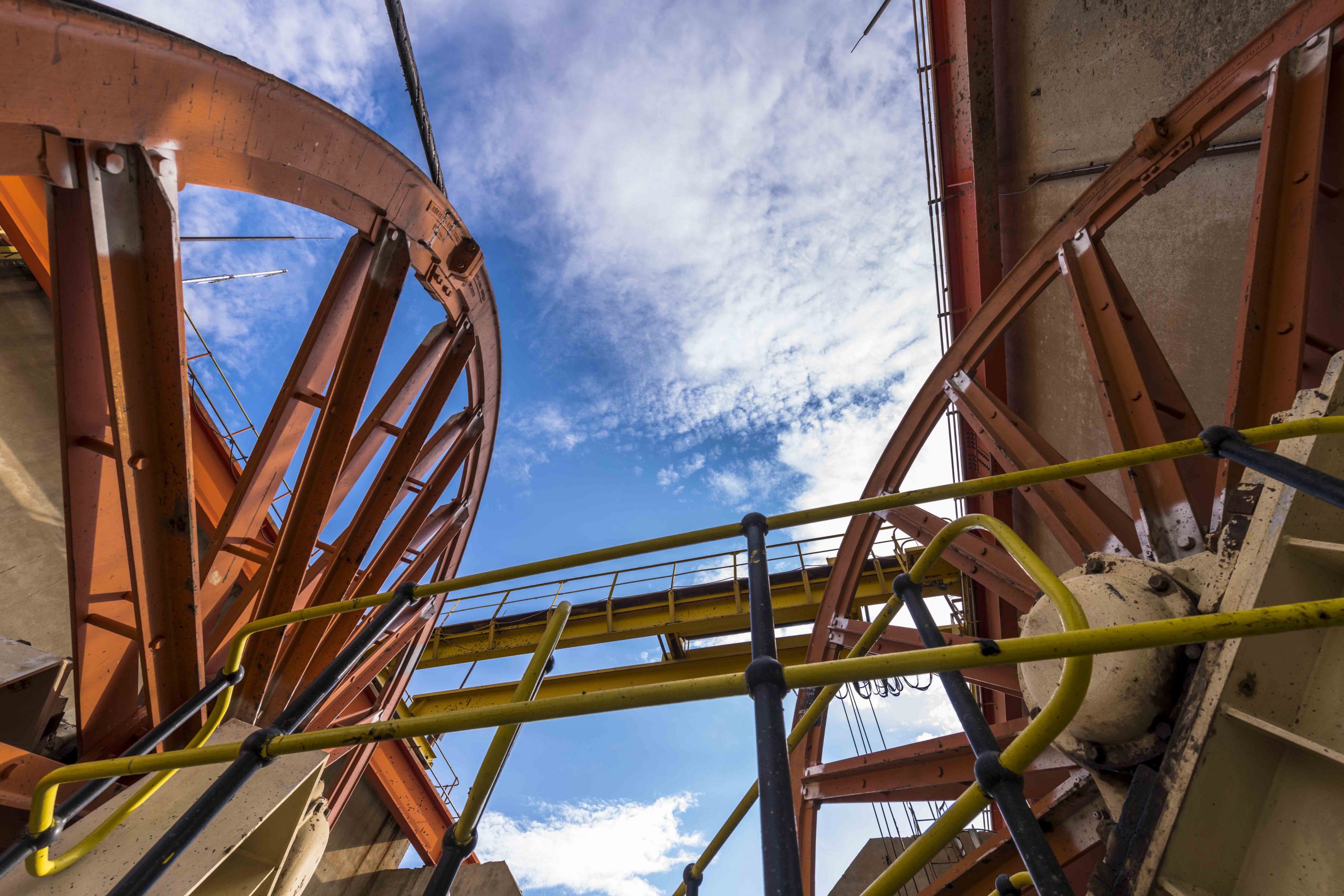Harmony collaborates with local municipalities to provide potable water to its communities, operations and employees
Johannesburg, Tuesday 10 September 2024. Harmony Gold Mining Company Limited has implemented water conservation projects to provide secure, potable water supply to its communities, operations and employees.
Currently, half of the world’s population is already experiencing severe water scarcity. Many countries, including South Africa, are facing growing challenges related to water pollution and degraded water-related ecosystems. It is estimated that 2.6 billion people will not have access to safely managed sanitation by 2030.
Says Harmony Group CEO, Peter Steenkamp: “Access to secure water supply is critical to mining and the development of our people, our communities and our economy. Potable or drinkable water is a very important resource for our employees, our operations and the communities in which we operate, especially in water-scarce jurisdictions.”
In South Africa, sewage plants have not been effectively managed and maintained which has led to a gradual deterioration of water quality in rivers while municipalities are under severe pressure from affected communities.
To address the issue and to contribute to a cleaner and more stable ecological environment around its operations, Harmony has refurbished three municipal Wastewater Treatment Plants on behalf of the Matjhabeng, Matlosana and Merafong municipalities and implemented its own water treatment plants at various sites.
The total cost of refurbishing the three municipal Wastewater Treatment Plants amounts to R35.5 million. These projects will collectively increase the sewage treatment capacity of the refurbished plants by around 30 million litres per day, improving the lives of around one million people.
Apart from supplying potable water, this project will also result in improved water quality in rivers and streams in these areas, resulting in downstream improvements to end users, both for direct use and food production, and will lead to better ecosystems and the preservation of local water resources for future generations.
“Achieving real, tangible, sustainable results requires collaboration. We have worked closely with our local municipalities and other stakeholders to refurbish and operate these treatment facilities, and to rebuild skills and capacity within local municipalities to ensure the sustainability of the facilities once the responsibility is eventually handed back to municipalities,“ concludes Mr Steenkamp.
Read more: https://www.harmony.co.za/wp-content/uploads/2024/09/harmony-golden-story-ecologic-2024.pdf
